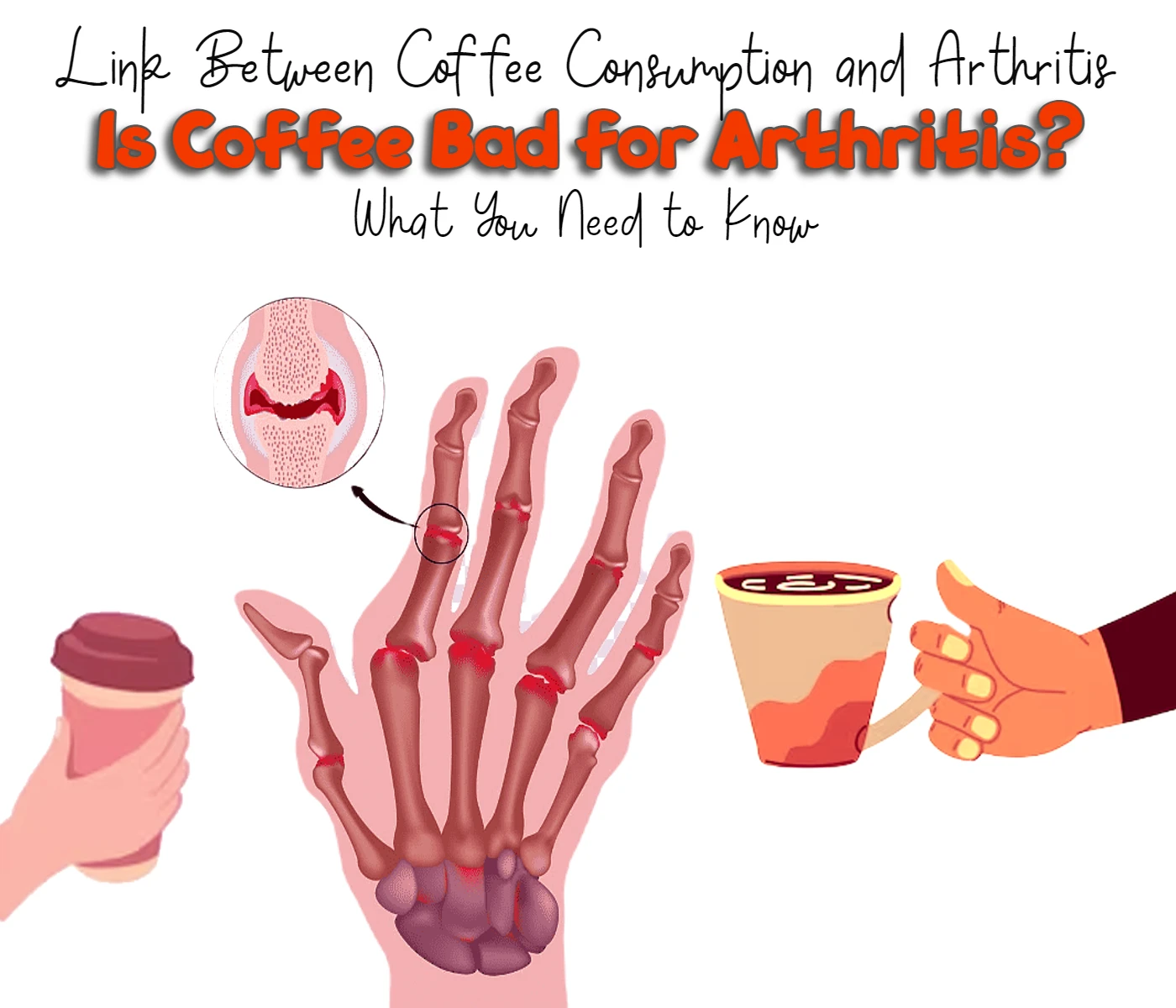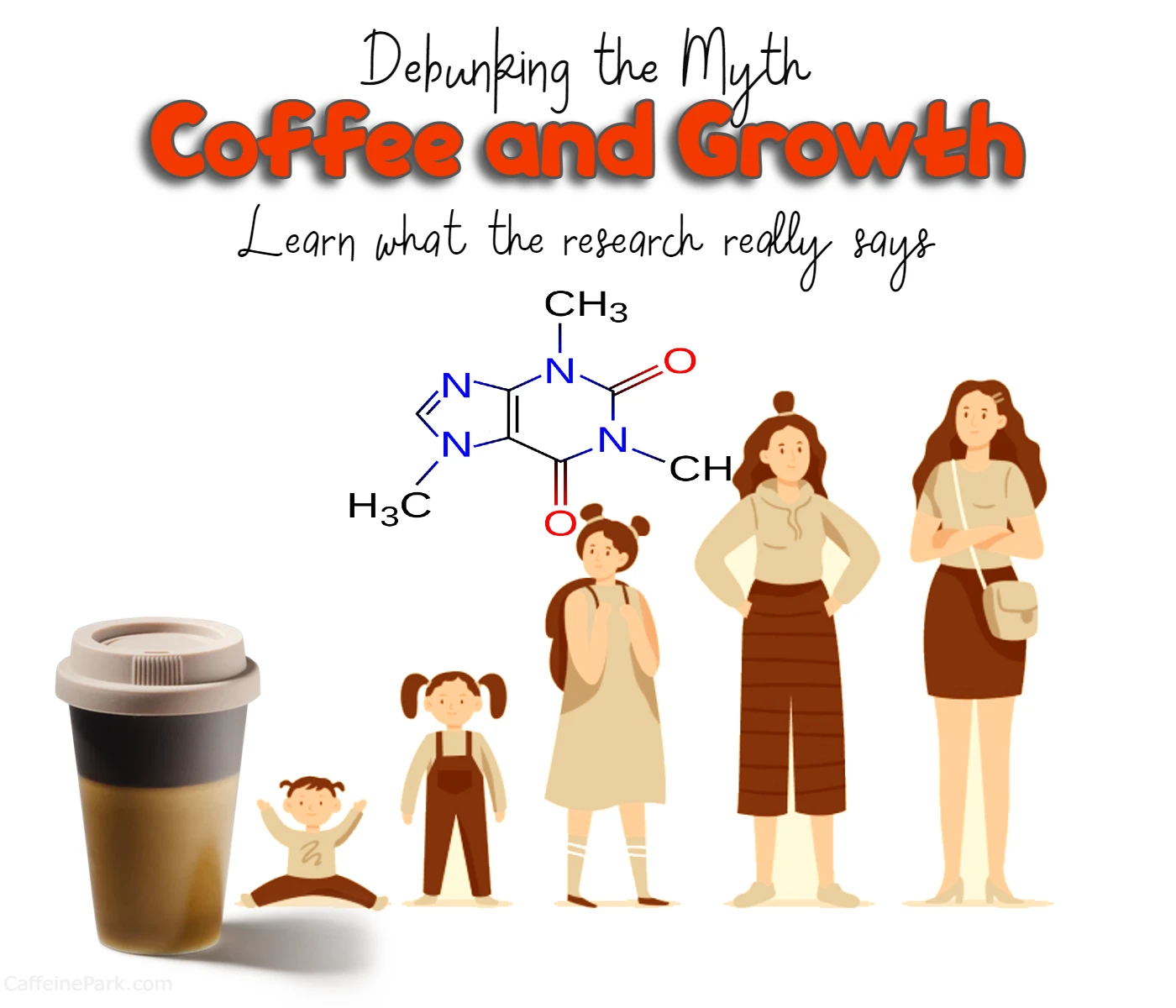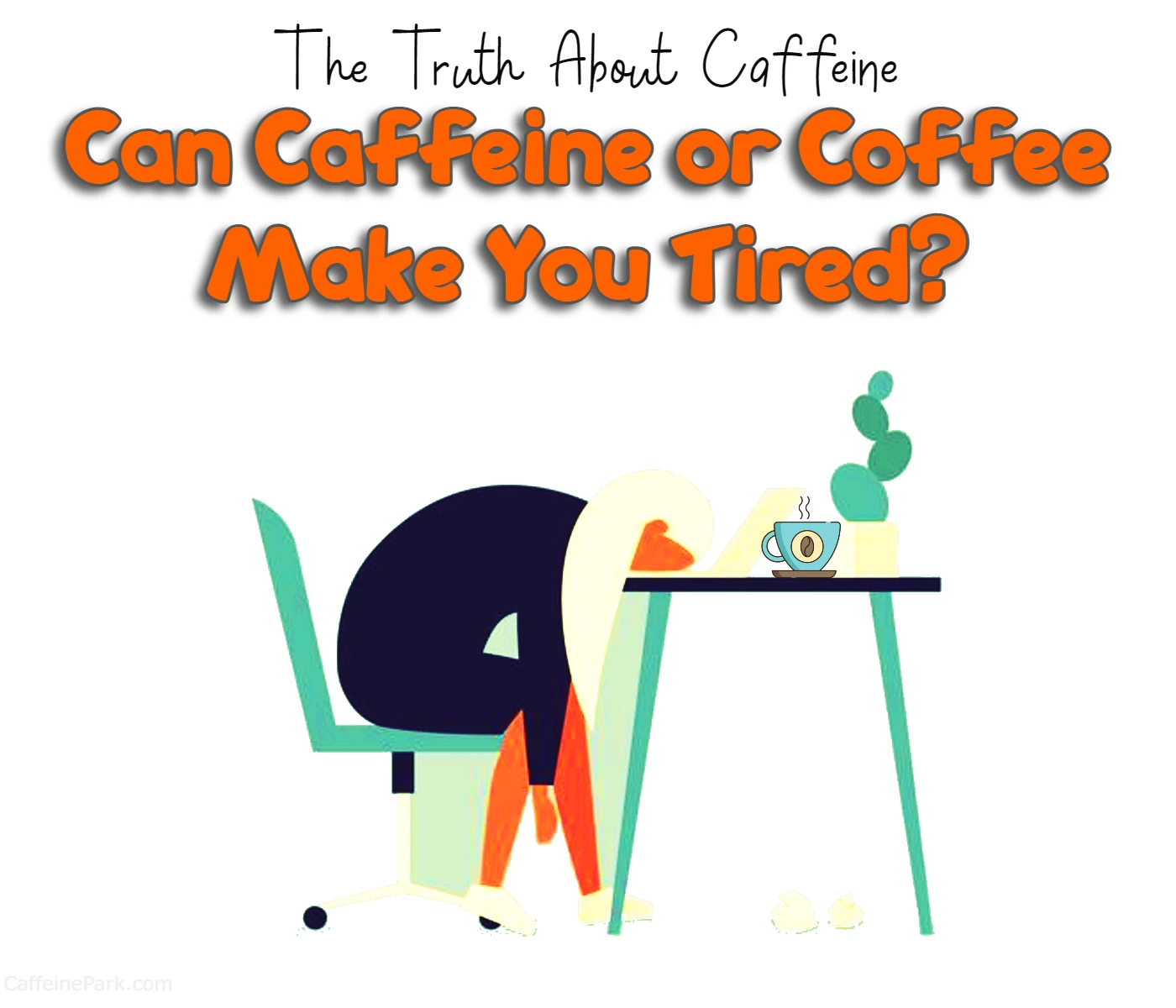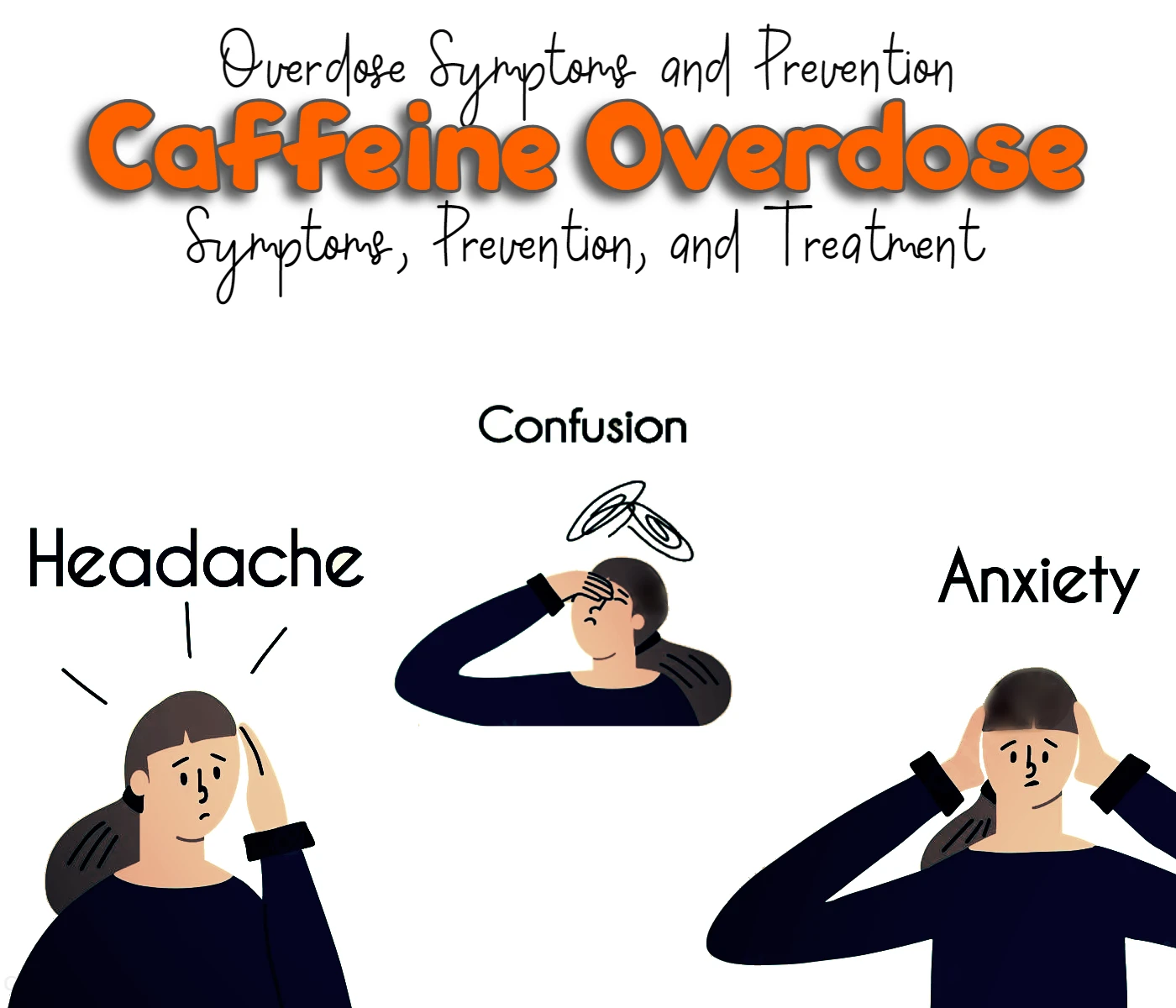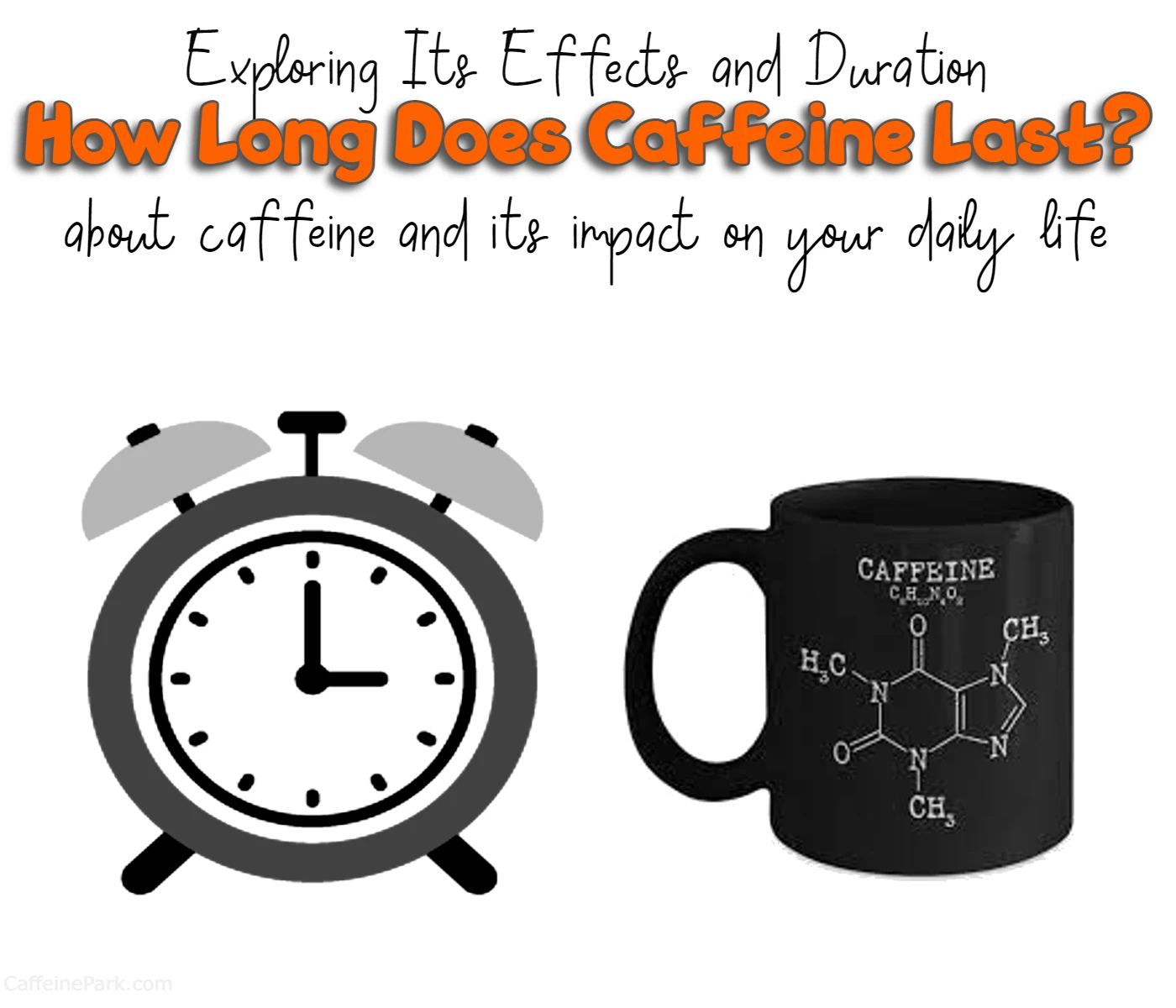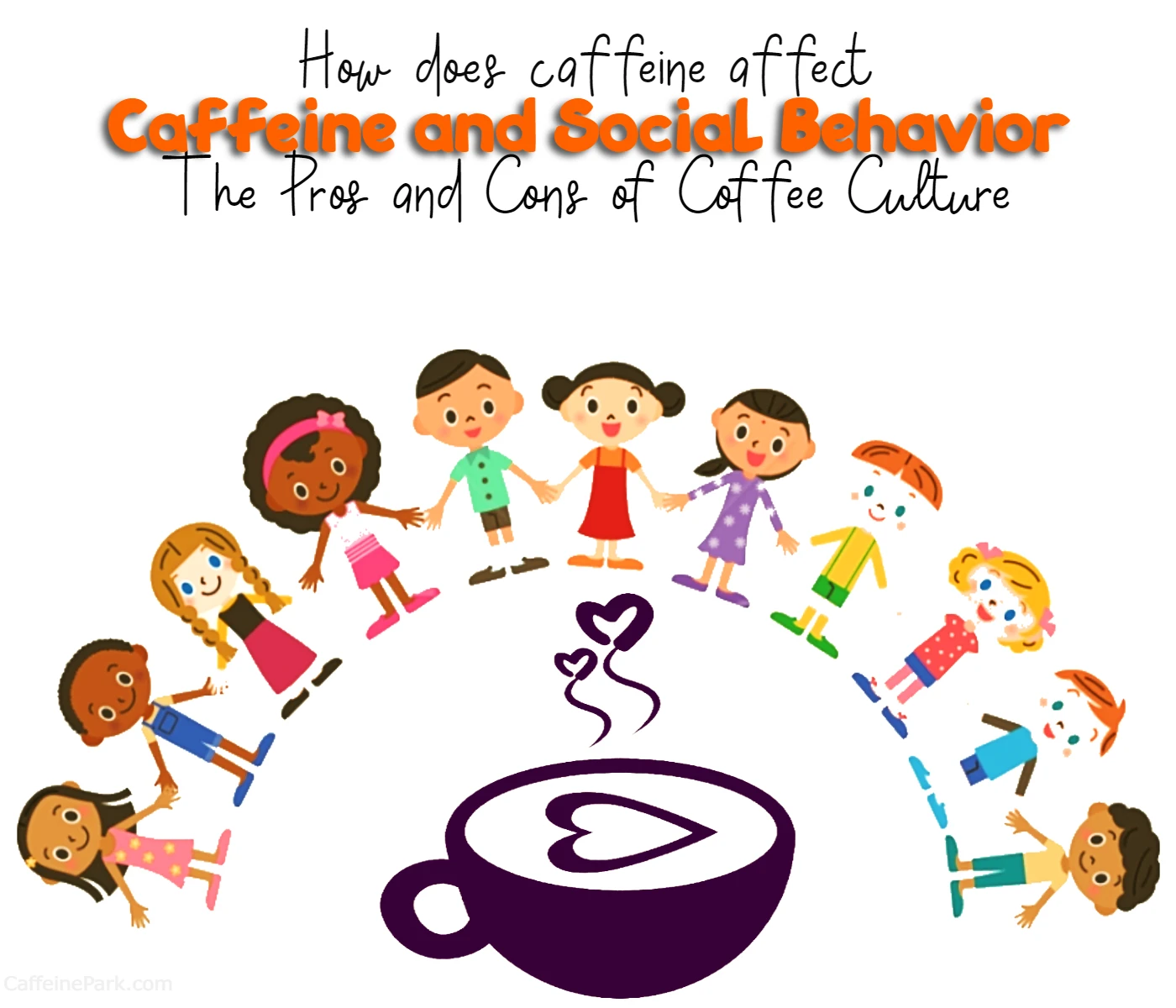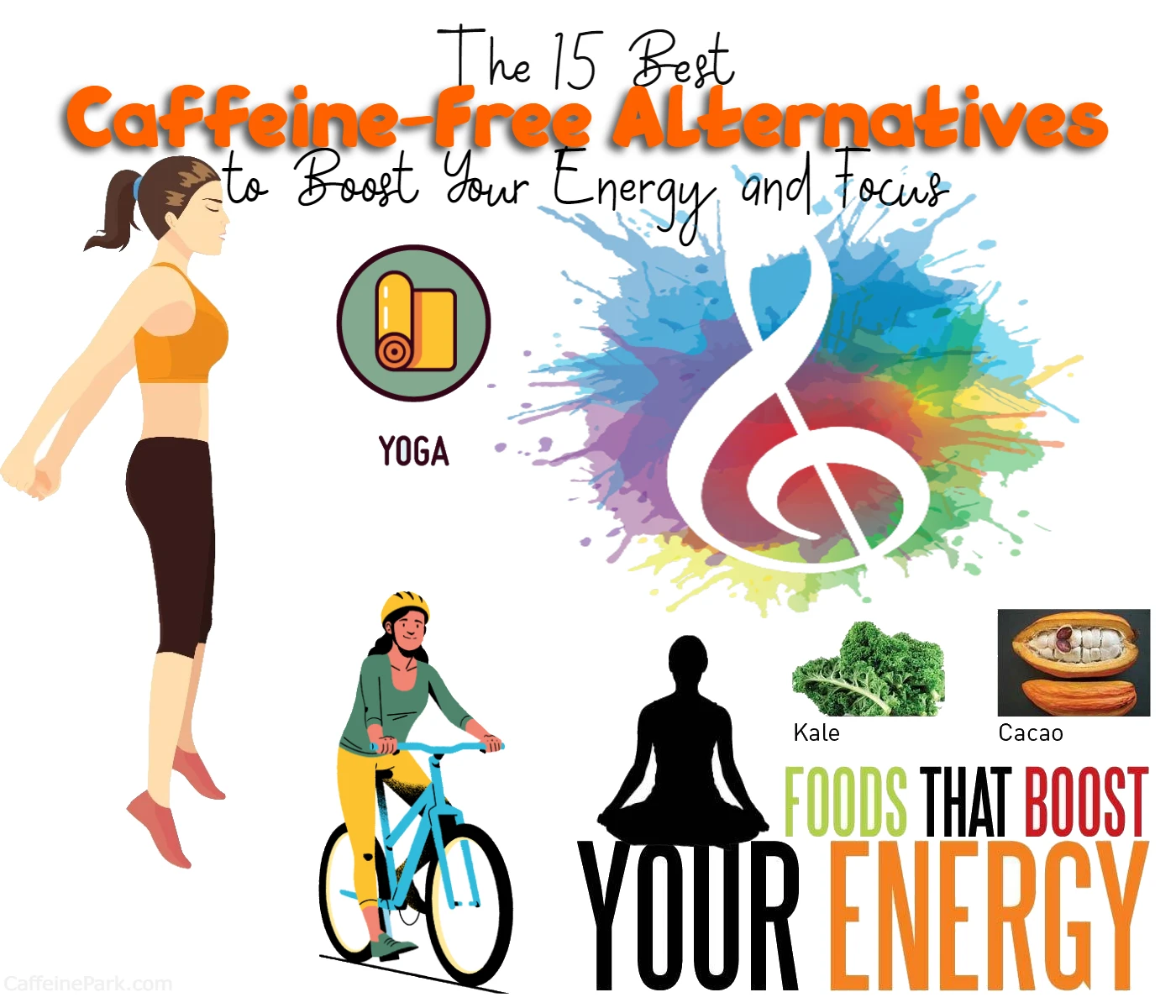📰 Articles on caffeine
-

What is Aspartame?
Prepare to dive into the intriguing world of aspartame, where myths and health risks are put under the microscope. In this comprehensive guide, we separate fact from fiction, providing you with a clear understanding of the truth behind this widely used artificial sweetener. One common concern surrounding aspartame is its alleged connection to cancer. However, extensive scientific research conducted by regulatory agencies worldwide, including the FDA and EFSA, has consistently concluded that there is no evidence to support a link between aspartame consumption and cancer in humans. Rest assured, aspartame is considered safe for consumption. Another debated topic revolves around neurological effects, with claims of headaches and dizziness attributed to aspartame. While individuals may report such symptoms, numerous scientific studies have failed to establish a causal relationship between aspartame and these neurological effects. For those who experience sensitivity to aspartame, reducing its intake may help alleviate any perceived adverse effects. Furthermore, aspartame is often used in products aimed at weight management, but it is not a magic solution for weight loss. Like any sweetener, excessive consumption of aspartame can contribute to a higher calorie intake, potentially leading to weight gain. However, when used in moderation as part of a balanced diet, aspartame can be a valuable tool to reduce overall sugar consumption. Join us on this evidence-based exploration of aspartame, debunking health risks and dispelling myths. Arm yourself with knowledge and make informed choices about this popular sweetener.
-

Is Coffee Bad for Arthritis?
Coffee is a popular beverage enjoyed by millions of people worldwide. While it's commonly known for its stimulating effects, some people also believe that coffee can help relieve nausea. However, the relationship between coffee and nausea is complex, and it's not a straightforward answer. While coffee can have some benefits for nausea, such as stimulating digestion and reducing inflammation, it can also worsen symptoms in some cases by increasing acidity and interfering with medications. It's important to understand the pros and cons of using coffee for nausea and to talk to your healthcare provider before using it as a remedy. In this article, we'll explore the latest research on coffee and nausea, the potential risks and benefits, and some tips for using coffee safely and effectively.
-

Is Coffee Good for Nausea?
Coffee is a popular beverage enjoyed by millions of people worldwide. While it's commonly known for its stimulating effects, some people also believe that coffee can help relieve nausea. However, the relationship between coffee and nausea is complex, and it's not a straightforward answer. While coffee can have some benefits for nausea, such as stimulating digestion and reducing inflammation, it can also worsen symptoms in some cases by increasing acidity and interfering with medications. It's important to understand the pros and cons of using coffee for nausea and to talk to your healthcare provider before using it as a remedy. In this article, we'll explore the latest research on coffee and nausea, the potential risks and benefits, and some tips for using coffee safely and effectively.
-

Does Coffee Stunt Your Growth
If you're a coffee lover, you may have heard the myth that drinking coffee can stunt your growth. However, there's no scientific evidence to support this claim. While caffeine is a stimulant that can temporarily increase heart rate and blood pressure, there's no reason to believe that it will interfere with your body's natural growth processes. In fact, studies have consistently found no link between caffeine consumption and stunted growth in children and adolescents. While coffee may not stunt your growth, it's important to be mindful of other health considerations related to caffeine, such as its potential impact on bone health and sleep. As with any dietary choice, moderation is key, and it's always a good idea to talk to your doctor or a registered dietitian if you have concerns about your caffeine intake.
-

About Caffeine and Tired
Caffeine is known for its stimulating effects and ability to increase alertness and energy, but what if we told you that it can also have the opposite effect? If you've ever felt tired or sluggish after your morning cup of joe, you're not alone. While caffeine can block the action of adenosine, a neurotransmitter that promotes sleep and suppresses arousal, it can also disrupt our body's natural sleep-wake cycle and lead to dehydration, which can contribute to feelings of fatigue. But fear not, caffeine lovers! There are ways to avoid caffeine-related fatigue and still enjoy your daily cup of coffee or tea. By being mindful of your caffeine intake, staying hydrated, and paying attention to the timing of your caffeine consumption, you can still get the energy boost you need without feeling tired or anxious later on. Keep reading to learn more about the truth behind caffeine and how you can avoid feeling tired after your morning brew.
-

Caffeine Overdose
Caffeine is a commonly consumed stimulant found in coffee, tea, energy drinks, and even some medications. While it can provide benefits such as increased alertness and improved focus, consuming too much caffeine can lead to caffeine overdose. Symptoms of caffeine overdose can range from mild to severe, including jitters, insomnia, increased heart rate, headaches, anxiety, nausea, vomiting, dehydration, and chest pain. To prevent caffeine overdose, it's important to monitor your intake, be aware of hidden sources of caffeine, gradually decrease your intake, avoid caffeine late in the day, stay hydrated, consider switching to decaf, and talk to your doctor if you experience symptoms. If you suspect that you or someone else is experiencing caffeine overdose, seek medical attention immediately.
-

How Long Does Caffeine Last?
Caffeine is a popular stimulant that many people consume daily. But have you ever wondered how long caffeine lasts and its effects on your body? On average, caffeine lasts for about 3-5 hours, but this can vary depending on several factors such as the type and amount of caffeine consumed, individual metabolism, and tolerance to caffeine. In this article, we explore the duration of caffeine's effects, its impact on your body, and tips for managing your caffeine intake. Whether you're a coffee lover or rely on energy drinks to get through the day, understanding how caffeine affects your body can help you make more informed choices and avoid negative side effects.
-

Caffeine and Social Behavior
Caffeine is the most widely consumed psychoactive substance in the world, and it's no wonder why. It's a natural stimulant found in various plants, including coffee beans, tea leaves, and cocoa beans. Caffeine works by blocking the action of adenosine, a neurotransmitter that makes you feel sleepy and drowsy. This results in increased alertness, attention, and energy levels, which is why caffeine is a popular choice for many people, especially in the morning or during long workdays. But, have you ever wondered how caffeine affects your social behavior? Does it make you more sociable, confident, or anxious? The answer is not so straightforward, and it depends on various factors, such as the individual's characteristics, context, and caffeine intake. In this blog, we'll explore the fascinating relationship between caffeine and social interactions, from the pros and cons of coffee culture to the latest research and tips on optimizing your caffeine intake for better social interactions. So, whether you're a coffee lover or not, read on to discover the effects of caffeine on your social behavior.
-

Caffeine and Sexual Performance
Caffeine is a stimulant that's found in a variety of foods and drinks, including coffee, tea, energy drinks, and chocolate. While it's commonly known for its ability to increase energy and alertness, it's also been touted as a potential aid for sexual performance. But does caffeine really have an impact on sex? The answer is... it depends. In this article, we'll explore the science behind caffeine and its impact on sexual performance. We'll discuss the potential benefits of using caffeine to improve erectile function, as well as the risks of consuming too much caffeine. We'll also provide tips on how to incorporate caffeine into your sex life safely and effectively, so you can get the most out of this popular stimulant. So if you're curious about the relationship between caffeine and sexual performance, read on to learn everything you need to know!
-

Caffeine-Free Alternatives to Boost Your Energy and Focus
Looking for natural ways to boost your energy and focus without caffeine? Check out these fifteen alternatives, from yoga and meditation to protein-rich snacks and adaptogenic herbs.

